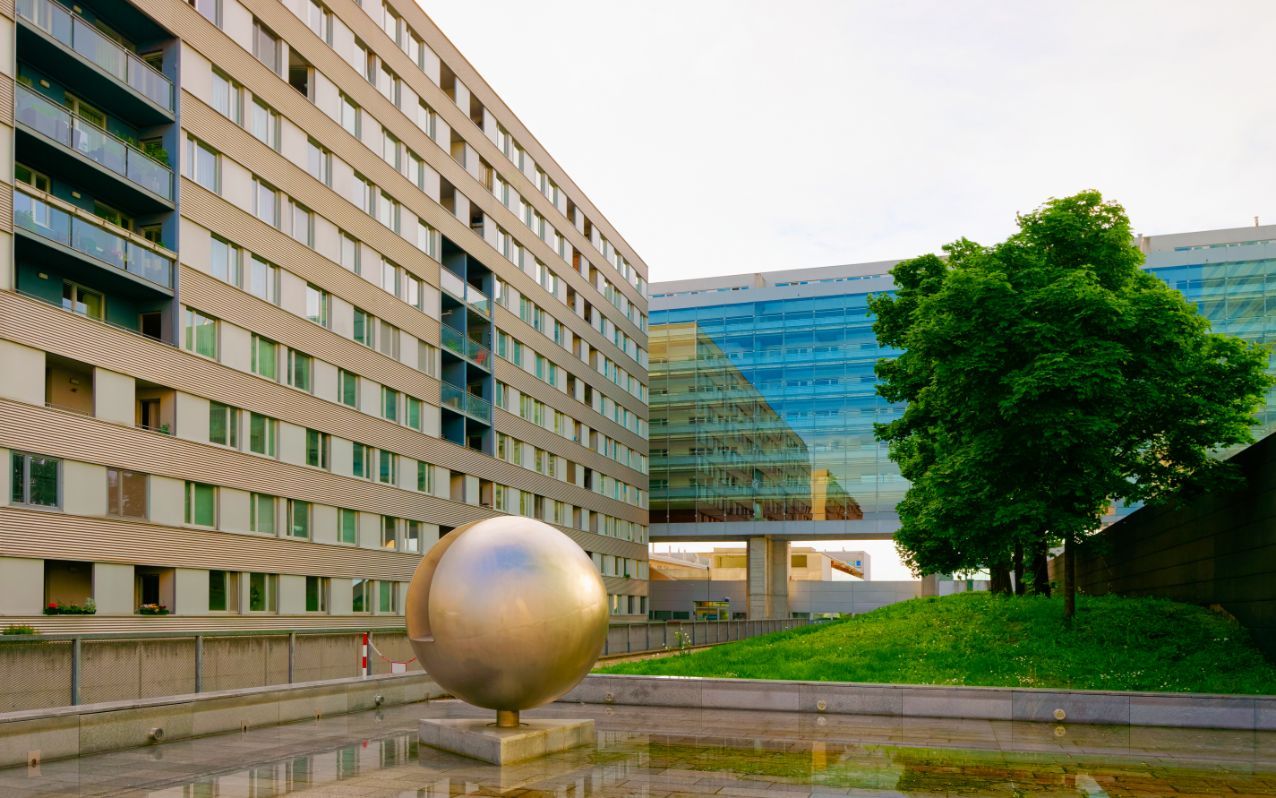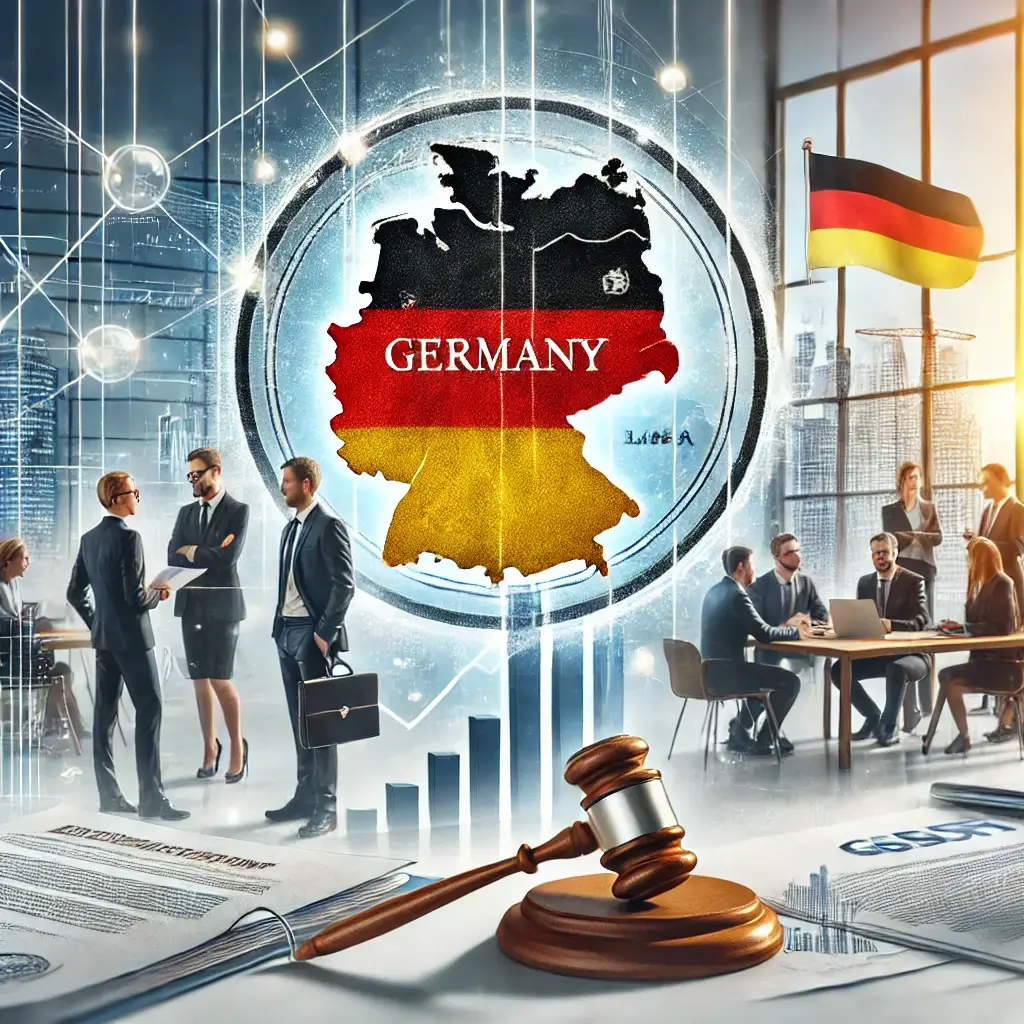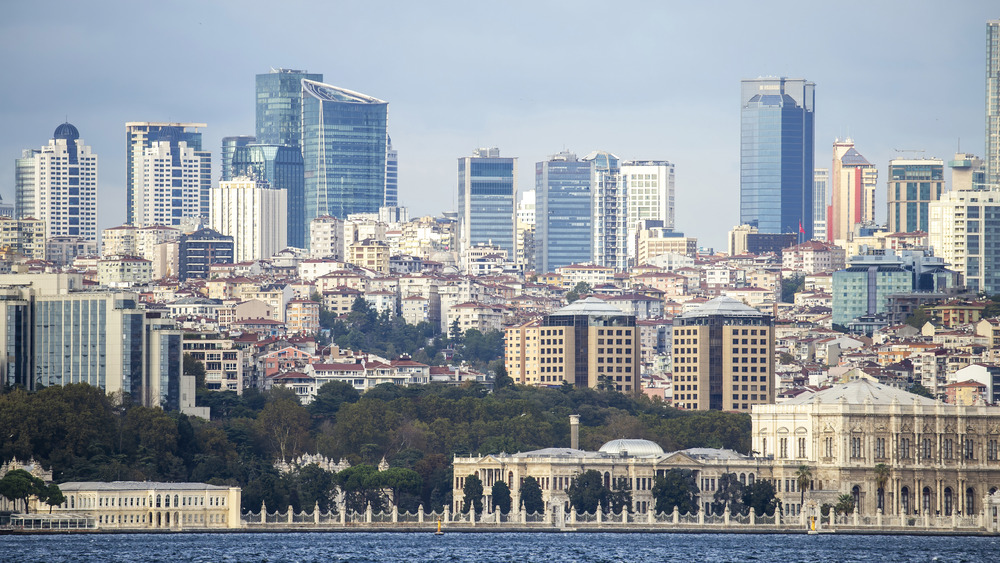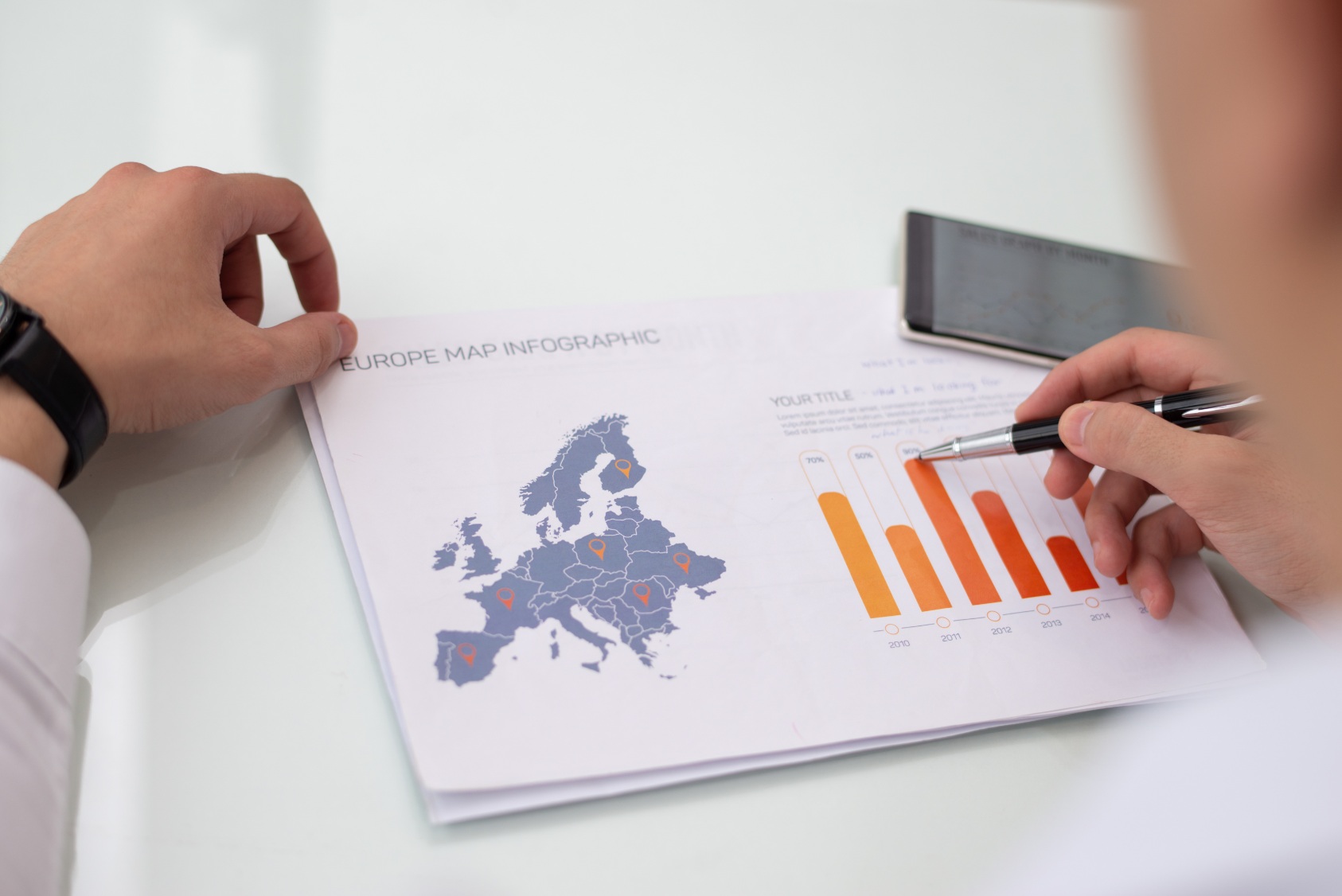Striking Headlines for Those Who Want to Invest in the Netherlands
- MHRPartner
- 0 Comments
MHR & Partners Academy | Alper Şentürk
The Netherlands, one of the most developed countries in Europe, ranks 18th among world countries in GDP ranking according to 2022 data. It is the fifth largest economy in the EU with an economy approaching $1 trillion. According to 2022 data, national income per capita is just over 55 thousand dollars. Netherlands living standards, social opportunities, education levels, consumption habits, etc. It attracts investors’ attention due to its characteristics.
Unlock Your Investment Potential: Discover the Netherlands’ Lucrative Business Landscape
The Netherlands is a top destination for foreign investment, thanks to its stable economy, skilled workforce, and favorable tax climate. The country is also a member of the European Union, which gives it access to 500 million people.
If you are looking to unlock your investment potential, the Netherlands is an excellent place to start. The country has a wide range of investment opportunities, and there is something for everyone. From agriculture and food processing to logistics and transportation, the Netherlands has a thriving economy with a bright future.
In addition to its strong economy, the Netherlands also has several other factors that make it an attractive investment destination. The country has a highly skilled workforce, a favorable tax climate, and a strong legal system. The Netherlands is also a member of the European Union, which gives it access to a large and growing market. Here are the striking headlines for investing in the Netherlands.
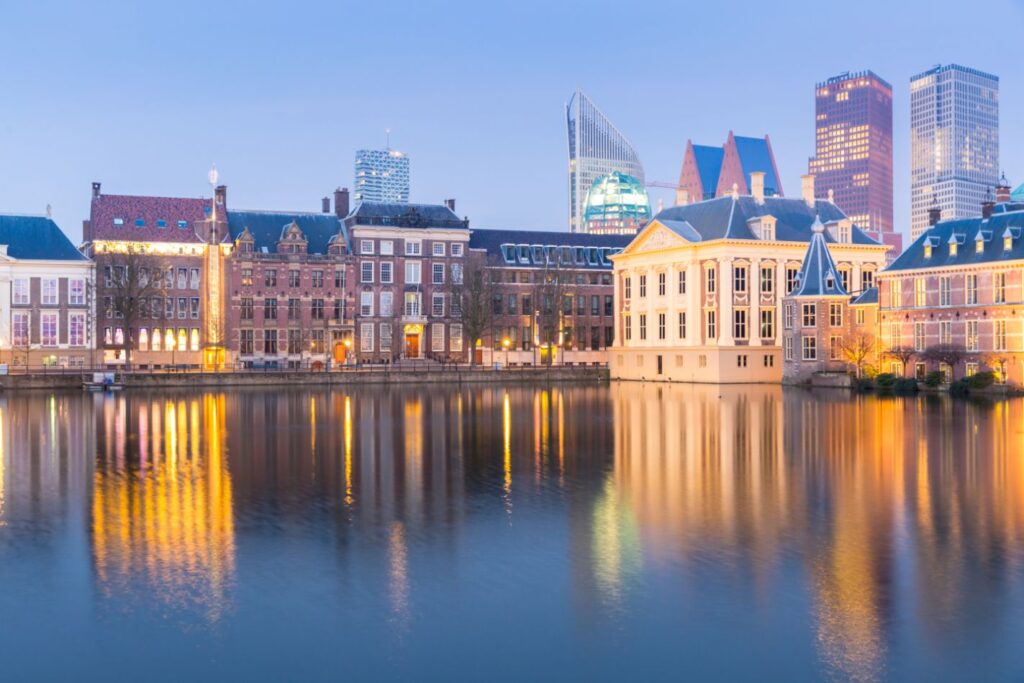
General Information About the Netherlands
The Netherlands is located in Western Europe and has overseas territories, including parts of the Caribbean. Its native language is Dutch, and its capital is Amsterdam. It is a member of the European Union and its currency is the euro. Its area is 41,543 km². The country’s neighbours are Germany and Belgium. There is the North Sea in the north. The population is 17.5 million. The population seems to be ageing. The proportion of the population over 65 reached 19%. This led the government to increase the retirement age from 65 to 67, effective in 2024. The population is 49.5% male and 50.5% female.
Some international organisations of which the Netherlands is a member: UN, European Union, Benelux Economic Union, IMF (International Monetary Fund), G-10, EBRD (European Bank for Investment and Development) OECD (Organisation for Economic Cooperation and Development), NATO, WTO (World Trade Organisation).
Political Structure of the Netherlands
The Netherlands is a constitutional monarchy and governed by a parliamentary democracy. It consists of 12 provinces and 3 overseas territories. Governance in the overseas territories is administered by governors appointed by the King. The head of state is the king, but he has no real power. The monarchy is recognised as a symbolic institution unifying politics. The executive head is the prime minister. Prime ministerial elections occur every 5 years. Together with the cabinet ministers, he manages the country’s policies. Although the king is a member of the government, he is not responsible to the parliament. This is not usually the case in other parliamentary systems.
The Dutch Parliament consists of two structures, the Senate (Eerste Kamer) and the House of Representatives (Tweede Kamer). In exceptional cases, a joint session of both houses, called a Joint Session, may be organised.
The Senate is elected by the State Assemblies for 4 years. It has 75 members. It is the upper house of Parliament. The House of Representatives is directly elected by the people for 4 years. It is the lower wing of Parliament. It consists of 150 deputies. Voting and election age is 18. There is no obligation to vote in elections.
General Economic Figures for Those Who Want to Invest in the Netherlands
The Netherlands is one of the founding members of the EU and the Eurozone. Consequently, its monetary policy depends on the European Central Bank.
According to the International Monetary Fund GDP ranking, the Netherlands ranks eighteenth in the world with $1,018,700 million. The public debt of the Netherlands reached just over $479 billion and the ratio of public debt to GDP in 2022 was announced as 48.3%. The ratio of public debt to GDP of the Eurozone countries is 94.2 per cent on average. In this respect, we can say that the Netherlands’ public debt is at reasonable levels.
Growing by 2.6% in the second quarter of 2022, the Netherlands shrank by 0.2% in the third quarter compared to the previous quarter. Although the energy crisis seems to have negatively affected the Netherlands, the OECD’s expectation is that the Netherlands will grow by 2.9% in 2022 and 1.1% in 2023. In October 2022, inflation was 14.3 percent. In September, inflation was 14.5 percent.
According to 2022 data, the Netherlands stands 42nd in the Ease of Doing Business Index. It is 3rd in digital business ease. It comes in 10th in the Human Development Index and 4th in the Global Competitiveness Index. It ranks 4th in the Innovation Index and 12th in the Made-in Index. CEO World ranks it 7th in quality of life. All credit rating agencies give it a AAA rating. At the same time, according to Transparency International, it is one of the countries with the lowest corruption levels. In light of these data, the Netherlands’ investment climate is extremely attractive for entrepreneurs.
Discover Our Services
VAT Refund
Service
Over 200 customers and over 1000
return reports in 10 years
Full Certification
Audit
Beyond a full certification audit
Risk-focused tax planning
Export and Import Figures for the Netherlands
The Netherlands is a major trading nation, with exports and imports accounting for a significant share of its GDP. In 2022, the Netherlands exported goods and services worth €781.75 billion and imported goods and services worth €683.08 billion. This resulted in a trade surplus of €98.67 billion.
The Netherlands’ top exports in 2022 were:
- Petroleum oils and oils obtained from bituminous minerals (€11.8 billion).
- Telecommunications devices and parts, n.e.s. (€2.5 billion)
- Miscellaneous chemical products, n.e.s. (€1.7 billion)
- Machinery and equipment specialized for particular industries (€1.6 billion).
- Automatic data-processing machines and units thereof; magnetic or optical readers, punches and similar machines (€1.5 billion).
The Netherlands’ top imports in 2022 were:
- Petroleum oils and oils obtained from bituminous minerals (€3.8 billion).
- Natural gas, whether or not liquefied (€3.3 billion)
- Petroleum oils and oils obtained from bituminous minerals (€3.1 billion).
- Telecommunications devices and parts, n.e.s. (€2.8 billion)
- Automatic data-processing machines and units thereof; magnetic or optical readers, punches and similar machines (€1.6 billion).
The Netherlands’ major trading partners in 2022 were:
- Germany (€17.5 billion).
- Belgium (€11.1 billion).
- France (€6.7 billion).
- United Kingdom (€5.6 billion).
- United States (€4.6 billion).
The Netherlands’ trade with Germany was responsible for 22.3% of its total trade in 2022. The Netherlands’ trade with Belgium accounted for 14.5% of its total trade in 2022. The Netherlands’ trade with France accounted for 9.3% of its total trade in 2022. The Netherlands’ trade with the United Kingdom stood at 7.9% of its total trade in 2022. The Netherlands’ trade with the United States accounted for 6.0% of its total trade in 2022.
The Netherlands’ trade with the European Union accounted for 61.6% of its total trade in 2022. The Netherlands’ trade with the United States accounted for 6.0% of its total trade in 2022. The Netherlands’ trade with the rest of the world made up for 32.4% of its total trade in 2022.
The Netherlands’ trade with the European Union is critical to the Dutch economy. The Netherlands is a member of the European Single Market, which allows free movement of goods, services, capital, and people within the EU. This free movement of goods and services has boosted the Dutch economy and made the Netherlands a major trading hub.
The Netherlands’ trade with the United States is also significant to the Dutch economy. The United States is the Netherlands’ largest trading partner outside the EU. The Netherlands exports a wide range of goods and services to the United States, including machinery, chemicals, and food products. The Netherlands also imports a wide range of goods and services from the United States, including oil, gas, and aircraft.
Reading Advice
For in-depth information about Dutch business culture, review our in-depth article!
Foreign Direct Investment Data in the Netherlands
The Netherlands ranks third in the world with $3 trillion in foreign direct investment. A little over 60% of these investment stocks originate from other EU countries.
Foreign Direct Investment in the Netherlands is expected to increase in the coming periods due to the fact that the Netherlands offers a more flexible market environment than other EU countries and companies adversely affected by Brexit see the Netherlands as a safe harbour.
Here are some striking statistics on FDI in the Netherlands:
- In 2021, the Netherlands had a net FDI inflow of $-160.89 billion. This means that foreign investors invested more in the Netherlands than Dutch investors invested abroad.
- The top five countries to invest in the Netherlands in 2021 were the United Kingdom, Germany, the United States, France, and Belgium.
- The top five industries receiving FDI in the Netherlands in 2021 were financial services, manufacturing, real estate, transportation and storage, and wholesale and retail trade.
- The Netherlands is a major FDI hub in In 2021, it was the third largest FDI recipient in the European Union, after Germany and France.
General Tax Rates in the Netherlands
The Netherlands’ general tax system for companies is based on territoriality. This means that companies are only taxed on income earned in the Netherlands. Income earned outside the Netherlands is not taxed in the Netherlands.
TAX Rates:
0 – 69.399 € | %37.07 |
69.399+ € | %49.50 |
VAT (BTW / Omzetbelasting):
0% VAT rate: Valid for entrepreneurs.
9% VAT rate: Applies to food and beverages, agricultural products and services, medicines, books, etc. Also called a low tariff.
21% VAT rate: Also called a general or high tariff.
2022 Corporate Income Tax (Corporate Income Tax)
Up to 395.000 €’ya kadar (inclusive) | %15 |
Over 395.000 € | %25,8 |
The Netherlands is a member of the European Customs Union. Therefore, it applies the EU Customs Union rules.
There are several tax incentives available to companies in the Netherlands. These incentives attract foreign investment and promote economic growth. Some of the most common tax incentives include:
- R&D tax credits: Companies can claim tax credits for research and development expenses. This credit encourages companies to invest in research and development.
- Investment tax credits: Companies can claim tax credits for investments in new equipment and machinery. This credit encourages companies to invest in cutting-edge
- Export tax credits: Companies can claim export tax credits. This credit encourages companies to sell products and services abroad.
The Netherlands has a relatively low tax burden compared to other countries. This makes it an attractive place for businesses to set up and operate. The Dutch government is also committed to providing a business-friendly environment, which further enhances the Netherlands’ attractiveness for businesses.

Establishment and Investment of Foreigners in the Netherlands
The Netherlands is a centre of attraction for entrepreneurs who want to establish a company and expand their business network. This is due to its stable investment climate and enormous trade potential. Entrepreneurs chasing global opportunities are trying to enter the Dutch market by establishing a new company, opening a branch/office or acquiring an existing company. Check out our comprehensive content below on setting up a company in the Netherlands!
Reading Advice
What are the types of companies in the Netherlands? What does it take to set up a company and open a branch in the Netherlands? Where should foreign entrepreneurs start setting up a company in the Netherlands? Do a deep reading for the answers to all these questions!
Which Sectors are Attractive For international Investors in the Netherlands?
The Netherlands is a popular destination for foreign direct investment (FDI). In 2021, the Netherlands was the third largest FDI recipient in the European Union, after Germany and France. There are several factors that make the Netherlands attractive to foreign investors, including:
- Stable economy: The Netherlands has a stable economy with low unemployment and a strong financial system.
- Skilled workforce: The Netherlands has a highly skilled workforce with a strong education system.
- Favorable tax climate: The Netherlands has a favorable tax climate for businesses, with low corporate taxes and a flat personal income tax.
- Strategic location: The Netherlands is located in the heart of Europe, with excellent transportation links to other major European markets.
- Business-friendly environment: The Netherlands has a business-friendly environment, with a strong legal system and a commitment to free trade.
These factors make the Netherlands an attractive destination for foreign investors in a wide range of sectors. Some of the most attractive sectors for foreign investors in the Netherlands include:
- Financial services: The Netherlands is a major financial center, with a strong banking sector and a well-developed insurance industry.
- Manufacturing: The Netherlands has a strong manufacturing sector, with a focus on high-tech industries such as electronics and pharmaceuticals.
- Transport and Logistics: Due to its strategic location and excellent connectivity, the Netherlands is a major logistics and distribution hub in Europe. Rotterdam, Europe’s largest seaport, and Schiphol Airport, one of Europe’s busiest airports, attract significant investment in logistics and transportation-related activities.
- Life sciences and Health: The Netherlands has a strong life sciences and health sector, with renowned research institutions, universities, and medical centers. Biotechnology, pharmaceuticals, medical devices, and digital health solutions are areas of interest for international investors.
- Technology: The Netherlands is a major technology hub, with a focus on innovation and start-ups.
- Creative Industries: The Netherlands has a vibrant creative industry, including sectors such as design, fashion, gaming, media, and entertainment. Amsterdam, in particular, has a thriving startup scene and is a hub for creative and cultural activities.
- Agrifood: The Netherlands is one of the world’s largest exporters of agricultural products and known for its innovative and sustainable agriculture practices. Investments in agritech, food processing, and horticulture are attractive options.
- Renewable Energy and Sustainability: The Netherlands actively promotes renewable energy and sustainability initiatives. Investments in wind energy, solar power, energy storage, smart grids, and sustainable technologies are encouraged.
It’s worthwhile to note that these sectors are not exhaustive, and the Netherlands investment landscape is dynamic. The Dutch government actively promotes foreign investment across various sectors and provides support and incentives to attract international investors. It’s advisable to consult with organizations such as the Netherlands Foreign Investment Agency (NFIA) and industry-specific associations for the most up-to-date information and guidance on investment opportunities in the Netherlands.
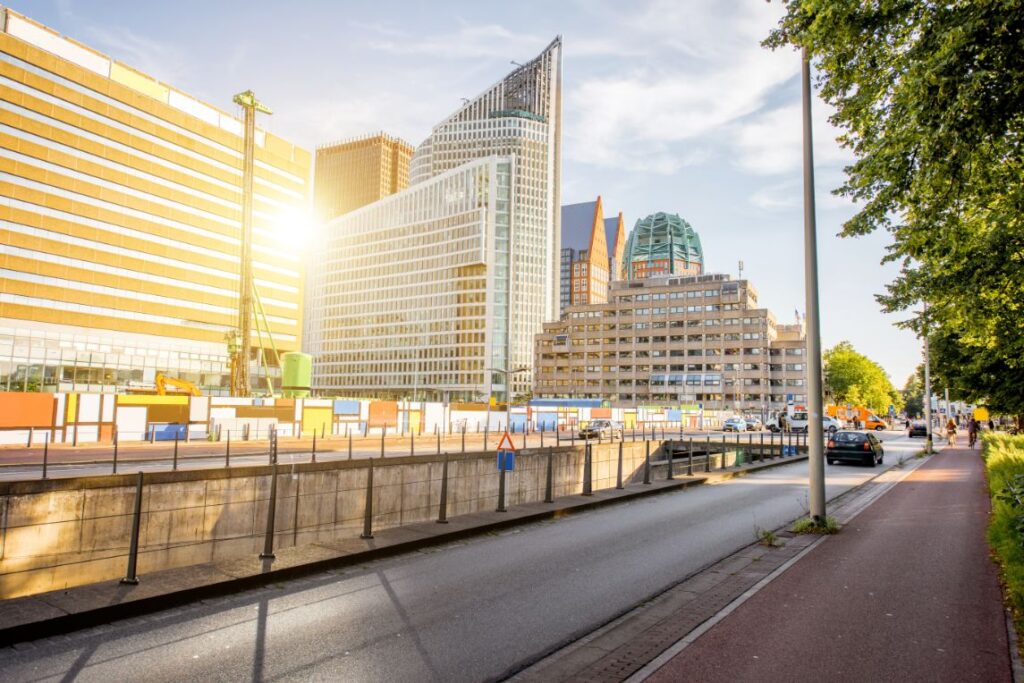
Population and Employment Data for the Netherlands
The Dutch make up 77 per cent of the Dutch population and minorities make up 23 per cent. The most populous minority groups are Turks, Moroccans and the Surinamese. The Netherlands, which has a relatively crowded population compared to its surface area, is one of the countries with the highest population density in the world. The cities with the highest population are Amsterdam, Rotterdam, The Hague, Utrecht, and Eindhoven.
55% of the Dutch population declare that they belong to no religion. However, the most common religious beliefs are Catholicism and Protestantism. The Muslim rate is approximately 5 per cent.
80 per cent of Dutch employment is in the service sector and 17 per cent in the industrial sector. Total employment, according to 2022 data, is close to 10 million. Unemployment is 3.8 percent. Immigration in the country is 3.5 million. Following the Russian invasion of Ukraine, non-EU migration increased due to Ukrainian refugees migrating to the Netherlands. Syrians, Turks, and Indians make up the top three immigrant groups in the Netherlands after Ukrainian refugees.
Natural Resources of the Netherlands
The Netherlands has oil and natural gas in addition to coal mines and salt deposits, but no other significant natural resources.
It has rich oil and natural gas resources in the North Sea. The country’s natural gas sector is quite large. The Netherlands is one of the largest natural gas producers in the world. For years, the Netherlands has been Russia’s energy supplier.
Four EU countries, including the Netherlands, will build wind farms in the North Sea. This project, which will generate at least 150 gigawatts of energy, is expected to be completed by 2050. These wind farms are expected to increase existing capacity by 10.
The Netherlands has fertile soil and a favorable climate for agriculture and horticulture. It exports agricultural products, including vegetables, fruits, flowers, dairy products, and meat. Dutch agricultural expertise, innovation, and advanced techniques like greenhouse farming have contributed to the country’s success in this sector.
The Netherlands has a complex system of rivers, lakes, canals, and coastal areas. It has developed advanced water management infrastructure, including dikes, polders, and water control systems, to protect against flooding and manage water resources effectively. Dutch companies often participate in international water-related projects.
The Netherlands also has renewable resources, including:
- Wind power: The Netherlands has a large wind power industry. Wind turbines generate
- Solar power: The Netherlands has a small solar power industry. Solar panels generate
- Biomass: Biomass is a type of renewable energy made from organic matter, such as wood, crops, and manure. Biomass generates electricity and heat.
The Netherlands is working to reduce its reliance on fossil fuels and increase its use of renewable energy. The country has set a goal of carbon neutrality by 2050.
Featured sectors: Agriculture, oil and gas, metal and engineering products, electronic machinery and equipment, chemicals, construction, microelectronics, fishing.
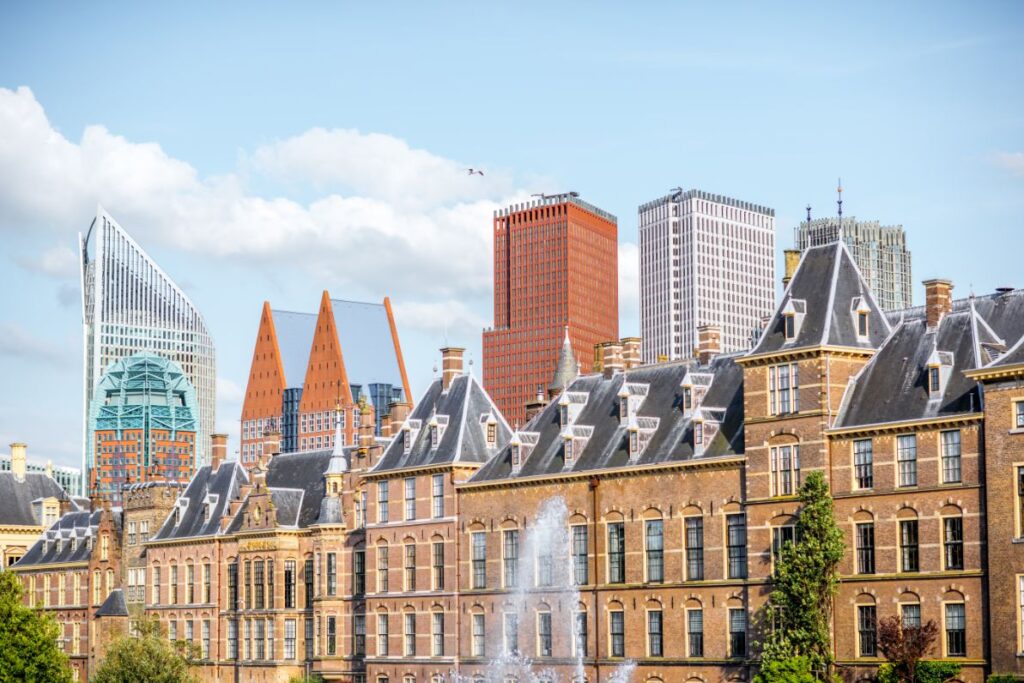
Transport, Logistics and Telecommunication Infrastructure in the Netherlands
The Netherlands is an extremely attractive option due to its proximity to major markets and well-developed transport infrastructure. It has one of the busiest public roads in the world with 139 thousand km of roads. It ranks sixth in Europe with a 2758 km motorway length. The daytime speed limit on motorways is 100 kilometres, 130 kilometres at other times. It has a railway network of 3,223 km connecting all the major cities. It is one of the countries with the densest road and railway networks relative to its population.
Europe’s largest harbour is Rotterdam. This port is a logistics centre where huge ships can dock. The Port of Rotterdam is also a key point for large cargo transport. The Port of Amsterdam and other ports also play a vital role in maritime transport.
The Netherlands has one of the largest and busiest air harbours in the world, Schiphol Airport. Schiphol serves as a hub for international flights and is a key centre for international air cargo operations.
In addition, Rotterdam Airport and Eindhoven Airport are 2 other significant airports in the Netherlands.
The Netherlands is a leader in telecom technology development. The country has a strong research and development sector. Dutch companies are at the forefront of 5G, artificial intelligence, and the Internet of Things. These technologies are having a major impact on people’s lives and the Netherlands is well-positioned to benefit from their development.
Three major players dominate the Dutch telecommunications market: KPN, Vodafone Ziggo, and T-Mobile. These companies offer a wide range of telecommunications services, including fixed-line and mobile telephony, broadband internet, and television. There are also smaller telecommunications companies in the Netherlands, including Tele2, Budget Mobile, and Simpel.
The Dutch telecommunications market is competitive, and prices for telecommunications services are relatively low. The government regulates the telecommunications market to ensure consumers have access to affordable and high-quality telecommunications services.
The Dutch telecommunications industry contributes to the Dutch economy. The industry employs over 100,000 people and generates billions of euros annually. Telecommunications is a key driver of economic growth and innovation in the Netherlands.
Resources:
IMF – https://www.imf.org/en/Countries/NLD
Expodatabase – www.expodatabase.com
World Meters – www.worldmeters.info/tr/
The Economy Intelligence Unit (EIU) – www.eiu.com
What Can We Do For You?
As MHR & Partners, we are directly and indirectly active in more than 20 countries worldwide. We aim to operate with 10 branches in 100 countries in 10 years. We offer you end-to-end consultancy and support services in establishing a company, obtaining a residence permit, and in all operational processes abroad, primarily financial issues.
Our priority is to provide consultancy services to companies with a growth vision and business strategy abroad. We attach particular importance to the uninterrupted continuation of our services with the assurance of MHR & Partners (Mühür YMM AŞ) after the company establishment stages. Our core mission is to be a safe harbor and provide sustainable services.
We want to be a bridge to our customers’ business plans for growth and development, even in the most remote parts of the world.
To establish a business in Turkey or Europe (Germany, The Netherlands, Belgium, UK, Romania, Bulgaria, Montenegro), you can contact Sworn-in Certified Public Accountant Mehmet Akif Özmen directly (+90 542 830 3408 or akif.ozmen@mhrpartner.com).
You might like to see these contents also:
- Striking Headlines for Those Who Want to Invest in Turkey
- German Business Culture for Entrepreneurs or Employees
- Export Value-Added Tax (VAT) Refund Guide For Turkey
- Taxation of Dividend Transfers Between Companies Established in Turkey and Germany
- Turkish Business Culture for Investors or Workers in Turkey
Related Posts

- MHRPartner
- 14 December 2024
Starting a Business or Acquiring One in Germany?
Mehmet Akif Özmen | Sworn Financial Advisor – CPA | Founder, CEO Germany, known as the e ..
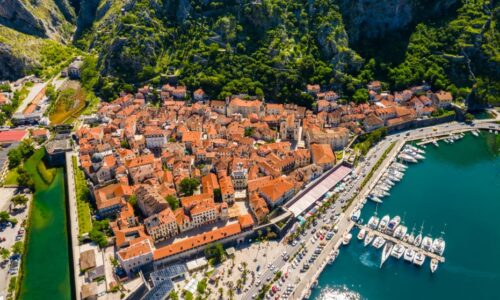
- MHRPartner
- 26 May 2023
Costs and Conditions of Establishing a Company in Montenegro
Mehmet Akif Özmen | Chairperson at MHR & Partners | Sworn-in CPA Montenegro (Montenegro) ..


